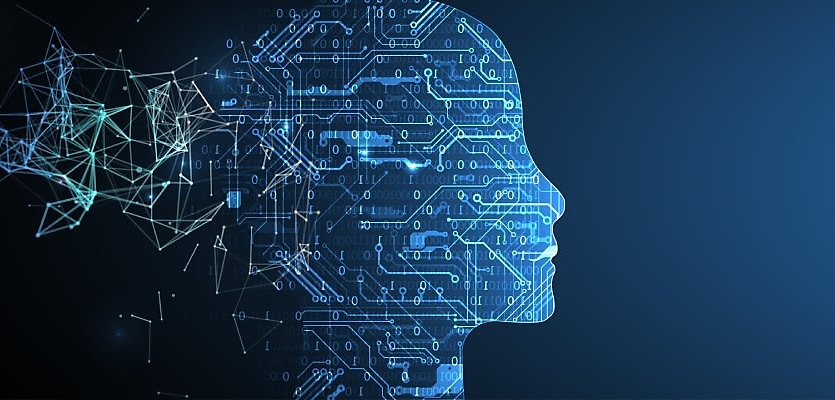As global technological capabilities continue to advance, regulations and laws must adapt to match growing innovations and inventions produced by artificial intelligence (AI).
This is the situation global legal bodies find themselves in presently, faced with the challenge posed by a simple question: when AI is the inventor – who gets the patent?
Two of the University of NSW’s leading academics, Associate Professor Alexandra George, a specialist in intellectual property (IP) law; and Scientia Professor and AI Expert Professor Toby Walsh have offered their insights into the debate.
The pair argue that international patent laws, first established in 1883 at the Paris Convention for the Protection of Industrial Property and further ratified in the 1994 Agreement on Trade-Related Aspects of Intellectual Property Rights (TRIPS), are inadequately equipped to deal with issues related to AI invention, due to the relatively recent nature of the matter.
Issues relating to AI invention revolve around a few key factors, with one main issue being that patents require a legal owner, which must be a real person, not AI.
This was the situation challenged by the inventor of the Device for the Autonomous Bootstrapping of Unified Sentience (DABUS), Dr Stephen Thaler. Dr Thaler, who credited the DABUS machine with two inventions, saw his Australian patent application rejected after the Federal Court ruled that AI systems cannot be named as inventors.
The court’s decision highlighted a key factor in the case of AI invention and the challenges it presents to current patent law, which isn’t focused on what was invented but rather who invented it.
Professor George stated that the “problem with ownership when it comes to AI-conceived inventions, is even if you would transfer ownership from the AI inventor to a person: is it the original software writer of the AI? Is it a person who has bought the AI and trained it for their own purposes? Or is it the people who copyrighted material has been fed into the AI to give it all that information?”
These were sentiments shared by Professor Walsh, who believes that both Dr Thaler and the DABER machine are responsible for the invention, rather than it being a case of one or the other.
“There’s lots of involvement of Dr Thaler in these inventions, first in setting up the problem, then guiding the search for the solution to the problem and then interpreting the results,” he said.
“But,” he continued, “it’s certainly the case that without the system, you wouldn’t have come up with the inventions”.
Both professors argued that current global patent laws are not equipped to deal with the ever-growing issue of AI invention, with 100 patents lodged globally naming AI as the inventor. Were courts and governments to deem that AI-made inventions could not be patented, the pair stated that the ramifications would be huge.
They say funders and businesses would be less incentivised to utilise AI in the pursuit of useful and groundbreaking research for fear that their return on investment would be limited. But they also acknowledge the need to implement new laws, which they call AI-IP, to help combat this rising issue and reduce the ambiguity around AI patent ownership.
Professor George and Professor Walsh outlined how AI-IP would be more effective than trying to shoehorn AI-inventiveness into existing legislation as it would be specifically tailored to AI-generated inventions and the unique challenges that they present.
This outcome, the pair claim, would be mutually beneficial to all involved parties and ensure society does not lose AI-assisted innovations and inventions that have the potential to be life-changing.







You are not authorised to post comments.
Comments will undergo moderation before they get published.